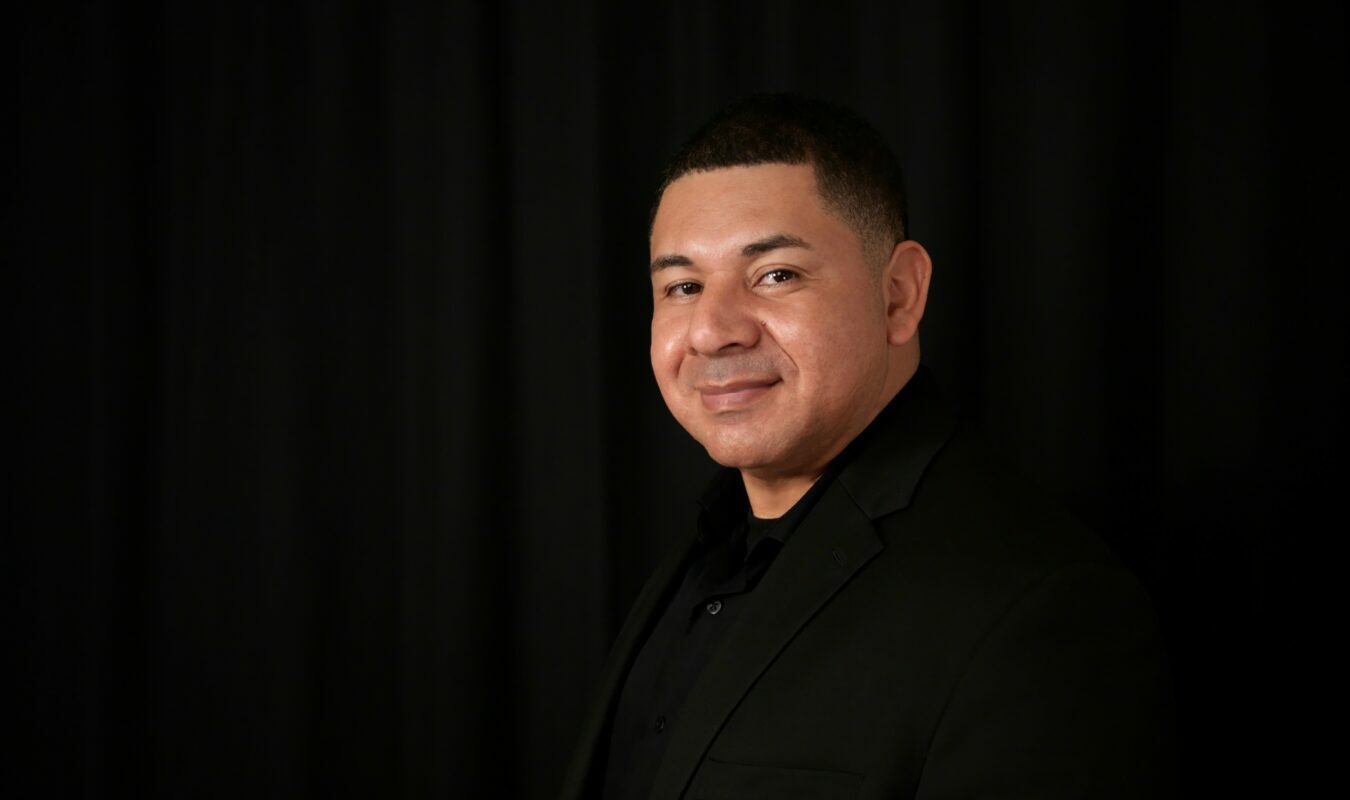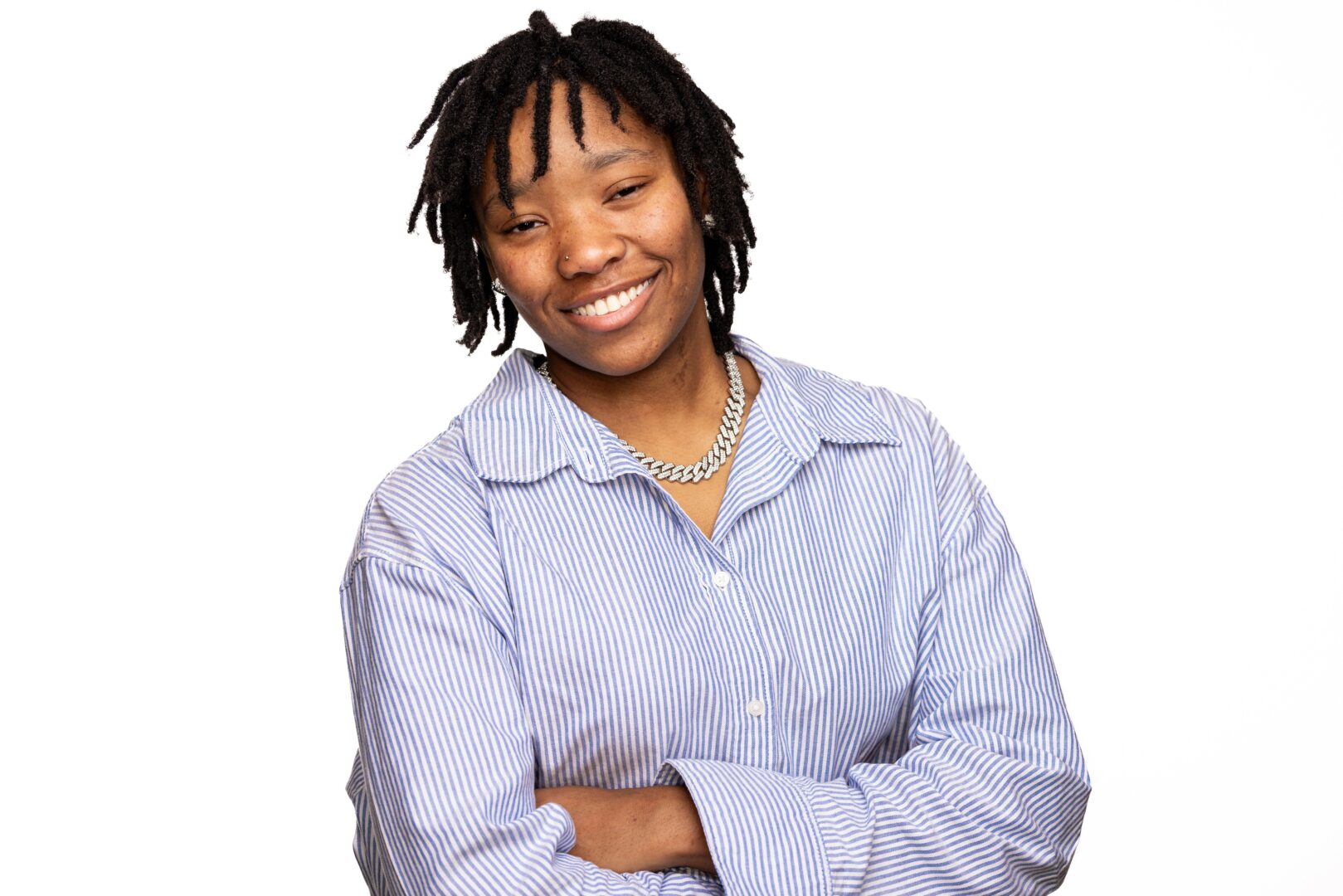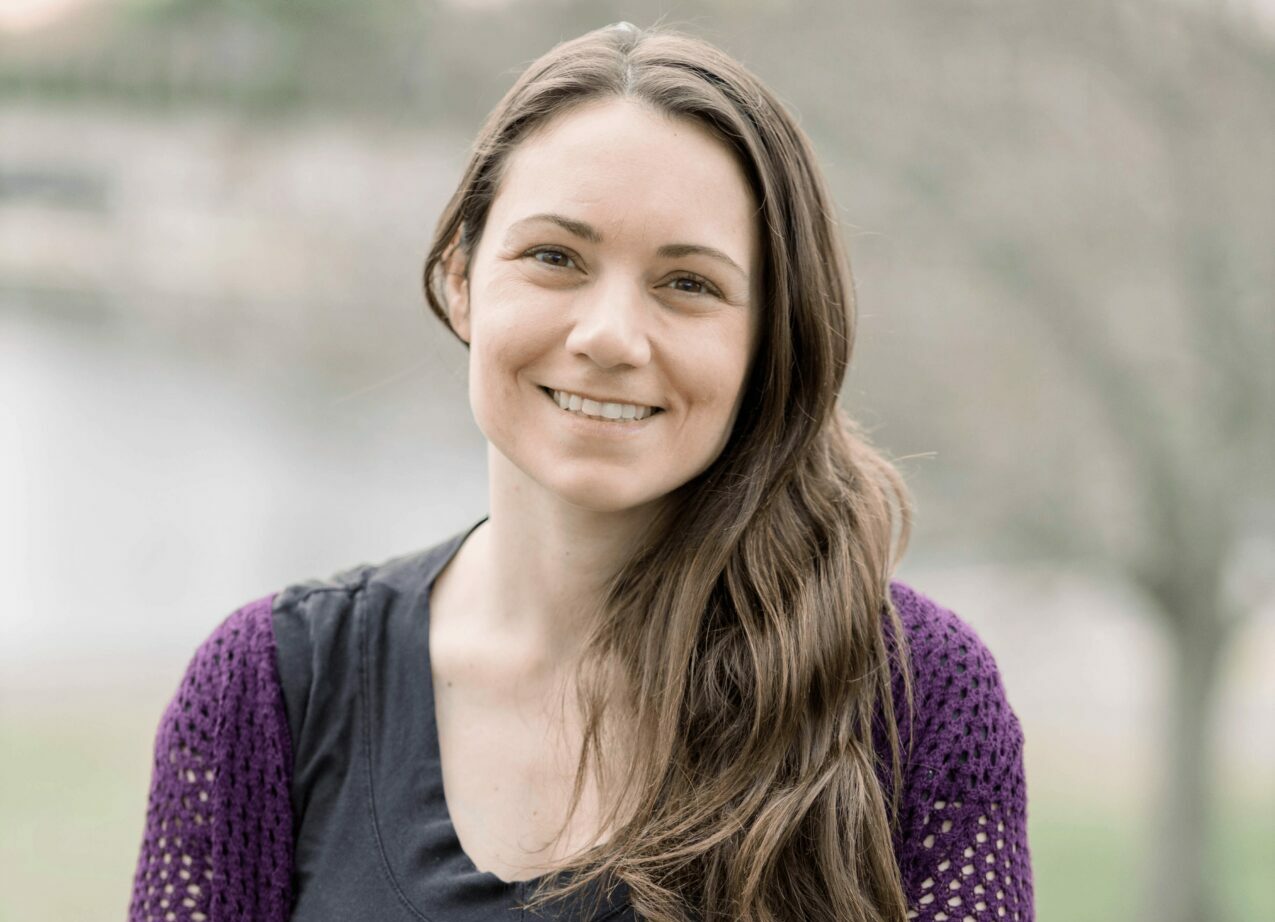We caught up with the brilliant and insightful Natasha Wein a few weeks ago and have shared our conversation below.
Hi Natasha, so excited to have you with us today, particularly to get your insight on a topic that comes up constantly in the community – overcoming creativity blocks. Any thoughts you can share with us?
The best way for me to work through creative blocks is to get out of my head and back into my body and the pillars of my process: play, intuition, and the study of the unconscious mind. I can do this by either using movement, impulse, and play to loosen up in my practice or to disengage from my formal creative practice and cook, go on a hike, see a friend…etc. The backs of our mind need to work and, once we are stuck, we can’t come up with new creative solutions by forcefully staring at the problem. Curiosity and patience are central to navigating this. I must be curious about the expectation, judgment, and force that has replaced the play, intuition, and trust in my practice and what purpose it is serving. And I must be patient as I navigate the inevitable part of the creative cycle that is full of doubt, stagnation, frustration, and boredom. Learning specifically how and when I do my best work is also important, so I can create an environment conducive to how I work best. For example, I do my best work when I intuitively feel moved to work with a particular medium, not when I force myself to. So while I work everyday, I let my interest dictate whether I spend time painting, writing, editing, or working in my resin epoxy studio. I’ve learned I create best between 8 PM and midnight, so I get more of the managerial side of things done in the morning. Working on a variety of creative projects at once in a variety of mediums allows me to fluidly move between projects depending on which one most inspires me and it lets the back of my mind work on projects that need space to breathe. To work creatively, you have to be able to work with your conscious mind, while also wholeheartedly trusting your unconscious mind to guide you; it is my conscious mind that chooses a new project or edits a body of work, but it is my unconscious mind–intuition, impulses, play, and free association–that actually create the whole body of work. Stunt performers talk about the importance of being limp and relaxed in order to fall safely and how being too rigid can lead to physical injury. Symbolically, energy is fluid and best moves through a dynamic force; this is why play, experimentation, and intuition are creative forces whereas rigid expectations, shame, and coercion inhibit creativity.
Thanks for sharing that. So, before we get any further into our conversation, can you tell our readers a bit about yourself and what you’re working on?
I see my role in the world as an artist to be that of a translator, integrating the internal and the external, as well as the abstract and the physical. My work is heavily influenced by psychodynamic theory; I am deeply devoted to learning about individual, interpersonal, and group processes. I generally work by series creating narrative-driven art shows that integrate feeling and language, explore conflicted desires, and expose and reorganize experience in order to make sense of personal and collective origin stories. This way of working is both intuitive and intentional. I honor impulse, free-association, doubt, and the symbolism embedded in the process to create a call-and-response between abstraction and language. Working abstractly lends itself to projection, analysis, and real-time processing of present dynamics. If I knew beforehand what I was going to create, there would be no point in making it, as I would already have integrated the related wisdom and clarity; strictly adhering to previously conceived ideas or images limits learning and discovery. My work is at the edges of intuition and science, abstraction and hyper-intellectualization, and harsh truths and healing. By honoring the unknown, I am able to unearth personal and universal truths and narratives; In this process I shift from translator to storyteller, regaining power over familiar and unconsciously-driven narratives, speaking truths that are more honest, and writing a future that is more fulfilling.
In addition to creative narrative-driven art exhibitions, I also write; my first book of poems, The Stains We Keep, is available for purchase through Bottlecap Press and I write freelance articles, often related to my rare connective tissue disorder Classical-like Ehlers-Danlos Syndrome and the significant pain and disability I’ve endured as a result. I own a small business, Berkshire Resin Art, where I make and sell nature-inspired jewelry and home decor by preserving locally harvested flora, fungi, and found-dead insects in resin epoxy. I take commissions, make custom wedding and funeral bouquet preservation pieces, and teach private classes. For more on that project, go to www.berkshireresinart.com or follow me on instagram at @berkshire_resin_art
There is so much advice out there about all the different skills and qualities folks need to develop in order to succeed in today’s highly competitive environment and often it can feel overwhelming. So, if we had to break it down to just the three that matter most, which three skills or qualities would you focus on?
Our ability to make meaning and tell ourselves stories about our experiences sets us apart from other living animals. Joseph Campbell said, “it is a waste to be asking the question when you are the answer.” There is no objective meaning to life; we once were not, we are now, and soon we will not be again (at least in the ways we experience “being” while we are alive on this Earth). Therefore, the meaning we make of our lives is extraordinarily powerful and essentially colors our whole experience. Working creatively gives me a way to study the meaning I’ve made, reorganize the narrative, and retell it into a narrative that is more fulfilling, truthful, and empowering.
Secondly, negative capability gives me the capacity to tolerate the uncertainties, doubts, conflicts, and mysteries of life’s questions without prematurely reaching for “black and white” or “right and wrong” answers that obliterate truth, context, understanding, and empathy. The capacity to tolerate discomfort and not-knowing is what ultimately allows me to expand upon and integrate deeper levels of understanding into my experience and both learn and unlearn new things.
Lastly, none of this would be possible without a variety of supportive relationships: friends, mentors, siblings, parents, community spaces. Supportive relationships provide us with meaning and the space to work at relating in healthier and more fulfilling ways.
My advice for people would be to make connections with a variety of people of a variety of ages and walks of life, and in all of these relationships: listen, learn, and share yourself. Your life and your creative practice will be richer for this.
Do you think it’s better to go all in on our strengths or to try to be more well-rounded by investing effort on improving areas you aren’t as strong in?
Coming from a family of mathematicians, everyone in my family has focused professionally on one niche field. However, some of them have a variety of other interests while some of them don’t. Regardless of whether you choose to focus professionally on one niche field or not, I think it’s extremely important to try new things and expose yourself to new types of challenges. Trying new things not only has the capacity to help us develop new skills or bring us new positive experiences, but it also exposes our blindspots and challenge-areas to ourselves. And when we avoid this, we stay strictly in the comfortability of having an incomplete and inaccurate view of ourselves. This defense prevents us from encountering our true limitations and the disappointment and frustration therein. Trying new things and working through what we encounter about ourselves in the process is a learned skill that can make us stronger, more resilient, more compassionate, and more connected. It is very much true that our capacity to bear difficult feelings is directly in proportion to our capacity to feel positive ones. That is not to say that suffering for the sake of suffering is useful, but rather that meaningful experiences aren’t always easy and sticking with these meaningful challenges helps us grow while also having the capacity to bring a greater sense of fulfillment and open doors to exciting opportunities.
When I was in elementary school, I said, “I’d rather know everything about one thing than one thing about everything.” I’ve always been a question asker (“why?” “why?” “why?”), but at that age I wasn’t aware that subjects–contrary to how they are taught in school–are not isolated and are, in fact, deeply entangled. Studying a variety of things can help you understand their intersection points. If you only focus on one subject you have less of an ability to contextualize your knowledge within the society we live in. In my experience, the people I’ve met who have a diverse array of interests have more of an ability to contextualize their knowledge within the world we live in and understand how it is influenced by and influences other fields of knowledge.
While I am more interested in studying the intersections of various subjects and have perhaps made a case for having well-rounded interests, I do understand the appeal of honing in on one niche skill and, ultimately, I think society is at its best when we support each other in following our passions and working in the ways that are most suitable for our unique needs.












